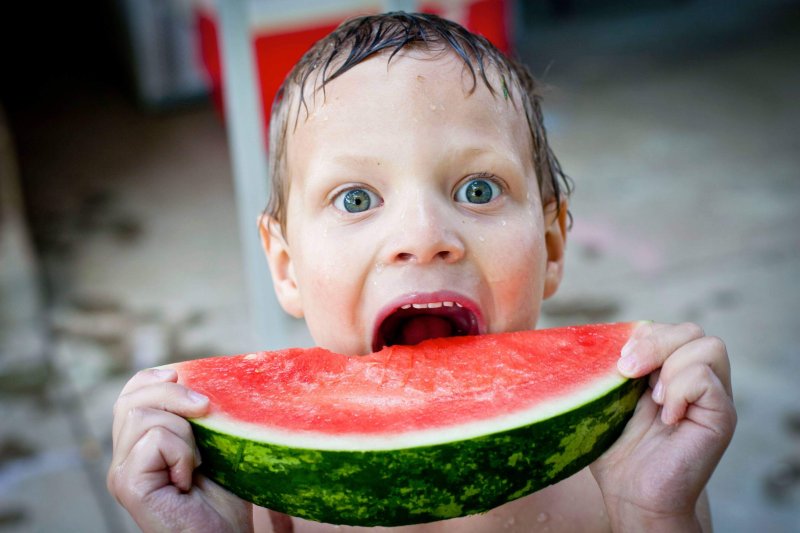[Editor’s note: Myles Power is a chemist in Manchester, England. Read the GLP profile of Greenpeace here.]
Last year [2016], I asked the very silly sounding question, ‘Why does Greenpeace like the grapefruit?’ As absurd as it sounds this is probably one of the most important questions to be asking the organisation right now. This is because it exposes a double standard that lies at the core of Greenpeace and shows their opposition to GMOs to be hypocritical and irrational. Today I would like to ask another silly sounding question that, once again, exposes weaknesses in Greenpeace’s arguments against GMOs. Why do they like the watermelon?
…
[Seedless watermelon are created using] a patented seed that is the result of genetic manipulation by exposing a plant to a potentially lethal chemical that can only be planted once because it is incapable of producing viable offspring, and Greenpeace is ok with this, but not the prospect of “terminator seeds”.…
So why does Greenpeace like the watermelon? Because they don’t know what they are talking about regarding GMO and their position isn’t just inaccurate but full of hypocrisies and complete and deliberate miscommunication of the technology.
The GLP aggregated and excerpted this blog/article to reflect the diversity of news, opinion, and analysis. Read full, original post: Why does Greenpeace like the watermelon?
For more background on the Genetic Literacy Project, read GLP on Wikipedia































